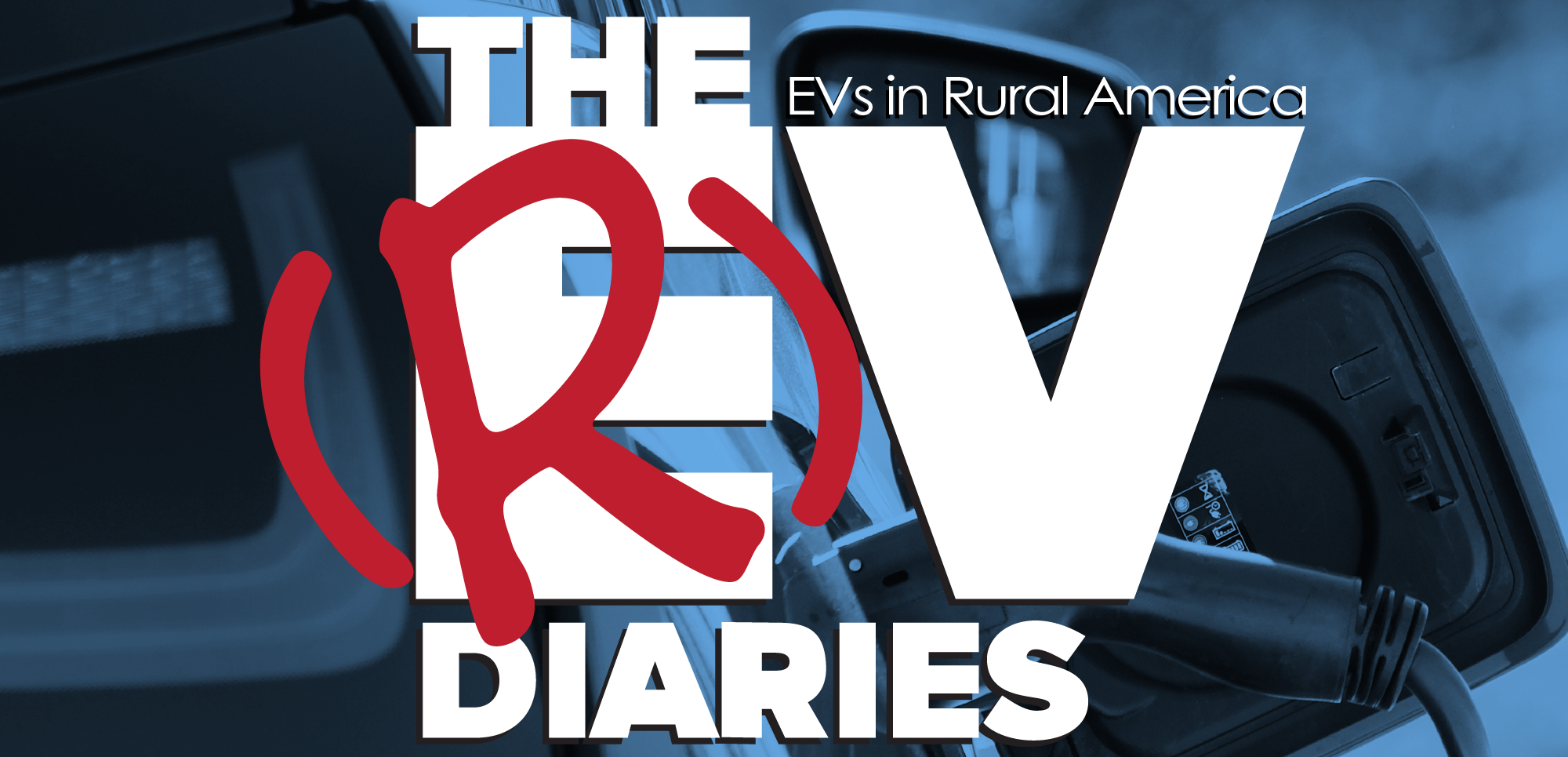Secretary of Energy, Jennifer Granholm, set out on a whistle stop tour of the south east to promote EVs and EV adoption recently. Embedded in her caravan was an NPR reporter, who, like Madame Secretary, is a long time EV owner. The four day trip covered several stops for town hall style meetings from Charlotte, North Carolina to Memphis, Tennessee. Everything was business as usual, until a local sheriff department outside of Atlanta was called…
Okay, those are the facts of the story and in this episode, we look at what happened. Basically an over-zealous staffer thought he would do Mrs. Granholm a favor and save a charging port for her by ICE-ing out other people waiting to charge. For us, though, the bigger story is a statement made by the reporter, Camila Domonoske; “EVs that aren’t Teslas have a road trip problem…” This is the setup for a longer exploration of this question on the next episode. Ms. Domonoske makes some valid points and offers topics for consideration.
On a side note, Brietbart had a very different take on the story. In fact, after we recorded, they had three articles by three different people on the same story. None of them were positive toward EVs, once again proving that EVs are very political and have become a hot-button buzzword to activate the fringes of both sides of the political spectrum. From a common sense perspective, EVs are very practical but there is a long way to go before they become the first choice for consumers without any coercion. We think EVs will stand on their own merit once the infrastructure is in place and people can see how practical they really are.
Podcast: Play in new window | Download
Subscribe: RSS
